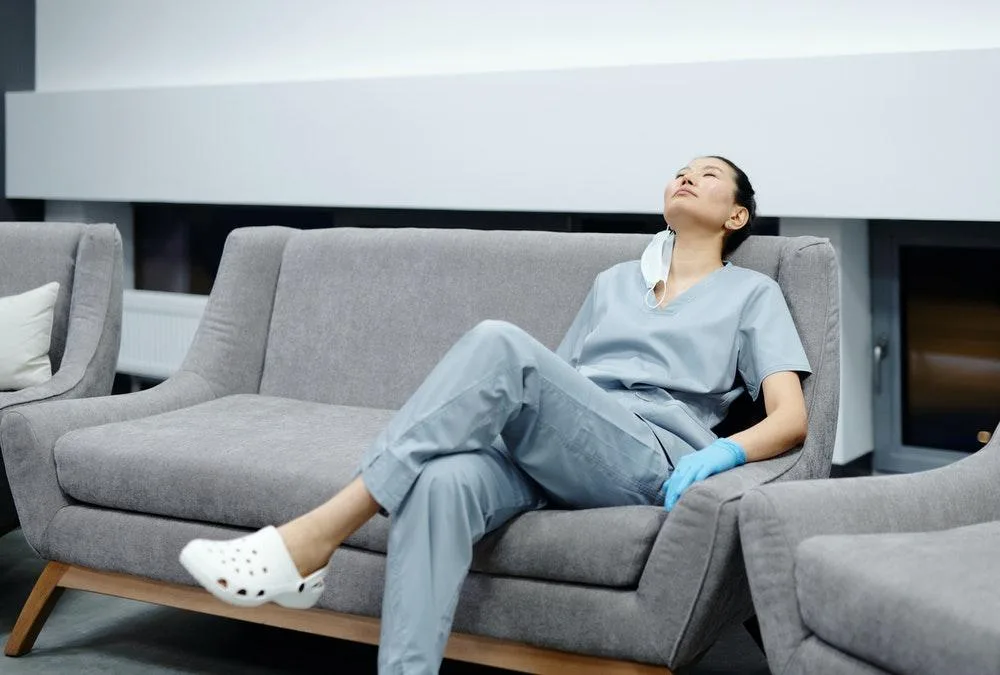It is so tiny that the human eye cannot see it. But it possesses the potential to disrupt the complex human systems and take away millions of lives. Yes, we are talking about fatal coronavirus or COVID-19. Back in 2019, the virus came into existence in one corner of the world. And, within an eye’s blink, it spread to all corners like a forest fire.
People were looking forward to spending 2020 grandly and productively, but the coronavirus had other plans. Soon, we were confined to our home parameters, protecting ourselves from the spread.
Isolation, loss of beloved ones, and joblessness became the worst three stress-causing factors in our once-happy lives. Well, it was a pandemic, and all nations suffered equally.
However, when the world was isolating itself, some people took the responsibility of tending to the sick ones. These people, or more appropriately superheroes, went out to the frontline and risked their lives in saving the affected ones.
Perhaps you have guessed who these dauntless soldiers were? They were the healthcare workers, paramedics, surgeons, physiologists, nutritionists, nurses, and all the health-related departments.
Well, like others, these respectable individuals also suffered a mental health crisis. Stress, anxiety, and depression appeared in every other healthcare worker.
If you are one of these brave warriors or someone beloved is, then you have arrived in the right place. Below, we have articulated some effective ways to combat mental health issues during the COVID-19.
Take care because the world needs you!

Photo by JESHOOTS.COM on Unsplash
Identifying mental health concerns
The majority of the time, mental health issues do not have an impact on our physical presence. For example, you might be having severe anxiety, but it does not affect your body. You see, mental health problems trigger inside your head and continue to grow until it reaches an unresolvable stage.
Perhaps this is why we can easily mistake serious mental health concerns as nothing or just a bad day. However, as a responsible adult, you should never take an unhealthy mental status lightly because once it reaches the unresolvable stage, it will have a severe effect on your physical presence too.
As a healthcare worker, you can identify troubled mental health by the following symptoms:
- Extreme irritation and anger
- Continuous denial state of mind
- Severe nervousness, anxiety, and uncertainty
- Feelings of extreme hopelessness and worthlessness
- Depression, sad, and overwhelmed
- Losing motivation even in passion-associated activities
- Constant fatigue or burnout
- Troubled sleep patterns and concentration levels
Some clinically significant mental health issues might develop in healthcare workers. These include:
- Post-traumatic stress disorder (PTSD)
- Acute stress disorder
- Vicarious traumatization
The above-stated clinical mental health problems might require proper medical supervision. One experiencing these might not be able to treat it himself.
Coping up and maintaining mental health
If one opts for suppressing or ignoring the arising mental health issues, then it may only make the situation worse. Hence, once identified, an individual must seek ways of coping up and addressing it.

Photo by Online Marketing on Unsplash
Now, note that coping with your mental health problems does not always involve a therapist or mental health professional, so if you do not have access to a professional that works fine too.
Talk about it
You can begin catering to your issue or taking precautionary measures beforehand by talking openly about the subject. Begin this by accepting the situation around yourself and the arising mental disturbances. Acknowledge your presence so that you can treat them. Remind yourself that you and all your colleagues are putting up through some tough times.
Next up, communicate your concerns with your co-workers and supervisors if need be so that they may provide you with room to catch up. Also, collective effort in acquiring the solution is most likely to be more effective than an individual one. So, make it a point to identify stress factors and strive towards effective solutions together.
Routines can help
Another great way of coping up is to maintain a consistent routine. Perhaps something closer to your pre-COVID routine. This should include taking your meals timely, allowing yourself regular breaks during the day, and getting ample sleep. Doing so will establish a better command of the things going on and help you develop a sense of control.
We encourage you to do things you like during your non-work hours. It eases the mind a bit. Also, push yourself into meditation exercises and a healthy diet plan. Doing so will reduce the required input by half.
Most importantly, cope with the rising mental health issues by reducing unnecessary stress! How so? Well, if not your schedule, you can at least improvise your working conditions. Right?
If you have long sessions of sitting in one place, then maybe get yourself a comfortable kneeling chair. Or maybe get a comfy couch for your office so you may rest for a while during short breaks. It will reduce the physical stress that adds up in the big picture.
We need you!
Summing up, always remember that you are serving the world at a very crucial time. You have a significant role in these times of crisis. And so, we all need you!
You ought to take care of yourself. Nothing will work out as it should, or possibly could, were it not for you!





![women [longevity live]](https://longevitylive.com/wp-content/uploads/2020/01/photo-of-women-walking-down-the-street-1116984-100x100.jpg)









